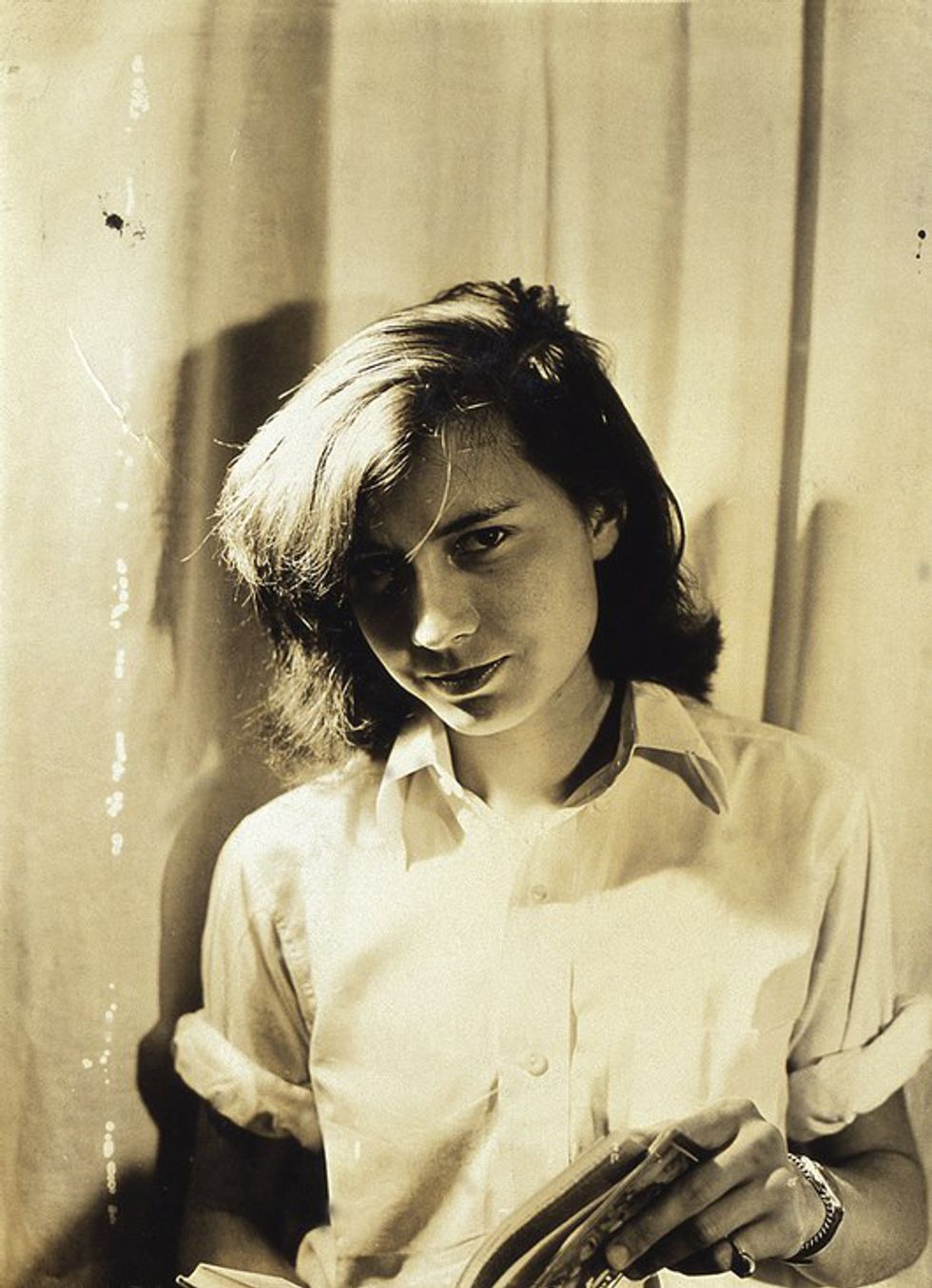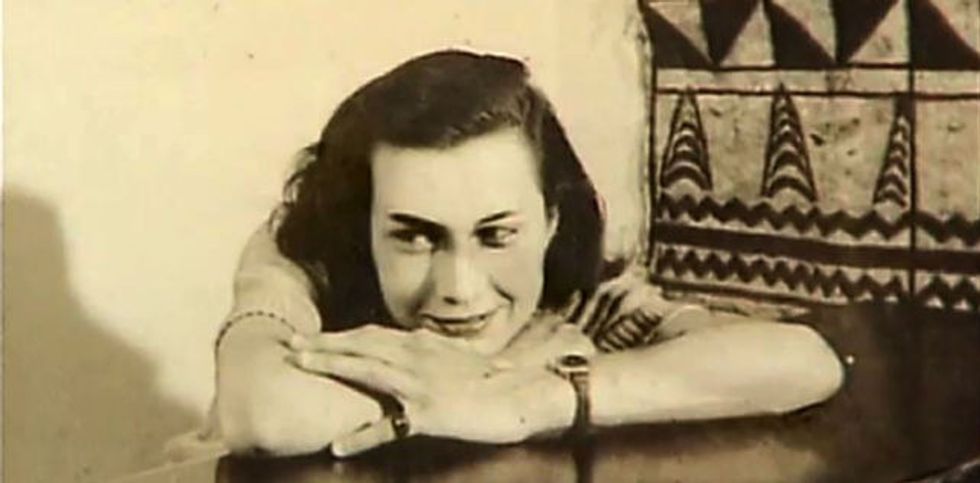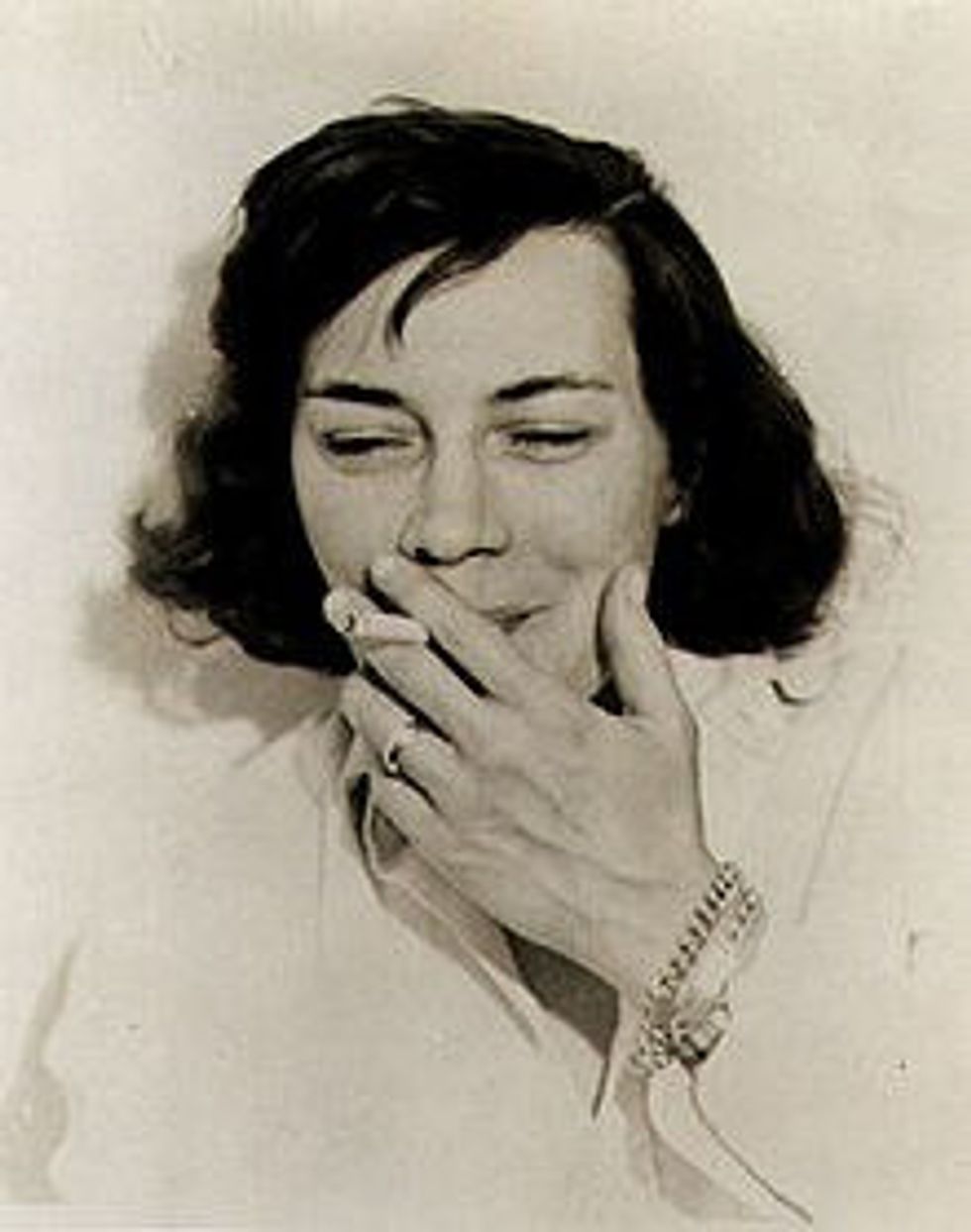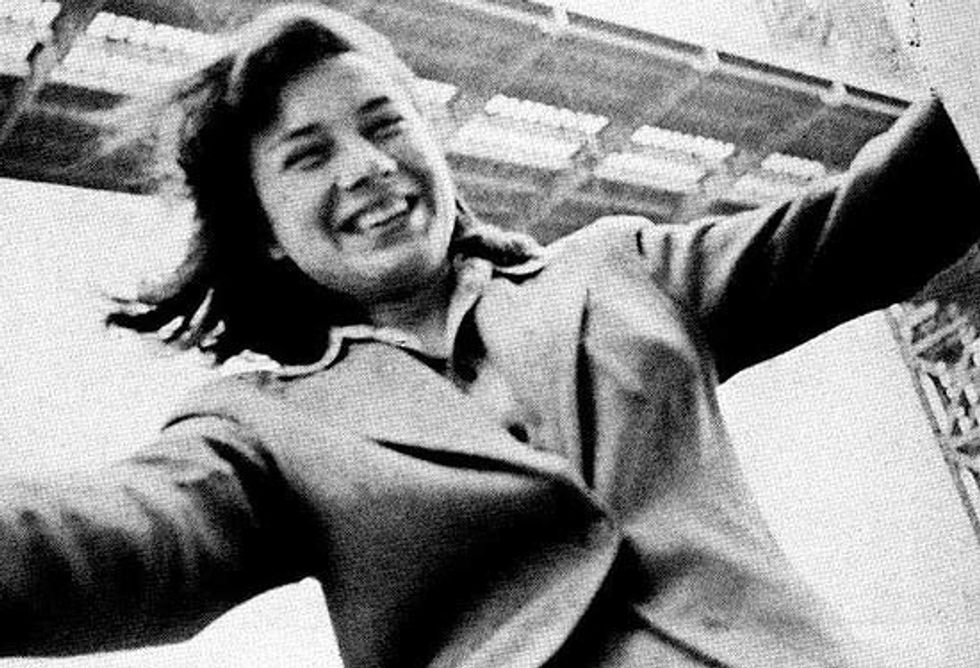Fans of thriller and crime novels might (in fact, probably do) know of her. But perhaps you don’t know who Patricia Highsmith is. I didn’t until just a few days ago, when while researching the film Carol (I was attracted to the film’s period details and color) I realized the basis for the film was Highsmith’s 1952 novel The Price of Salt.
That shocked me. A lesbian novel in 1952? I was intrigued and decided to research Highsmith. I’m not sure whether I now regret that decision or am somewhat thankful for it. It has, if nothing else, increased my empathy for people like Highsmith.
Patricia Highsmith was a very creative, intelligent, tortured and lonely soul. And I think that’s putting it mildly.
Turns out Highsmith didn’t generally write romance novels; she wrote psychological thriller crime novels. Maybe you’ve heard of The Talented Mr. Ripley (also made into a film in 1999). I’m not a huge fan of crime novels, so I don’t know if I’ll ever read any of Highsmith’s work. But Highsmith’s personal life is what intrigued me.
Actually what intrigued me at first was her beauty. She was a lovely woman in her youth; strikingly boyish and mysterious. Take a look:
She identified very much with her protagonists—who were generally criminals. She grew up with a strange, not-very-loving (dare I say neglectful) mother, by whom she felt abandoned after being sent to live with her grandmother for a year when she was twelve. Her parents divorced before she was born, and her mother remarried when she was three—and then, she thought her stepfather an intruder, a wedge between her and her mother.
Born in Texas in 1921, she moved to New York at 1927 and attended high school in Manhattan. She then went to Barnard College, and after graduation worked as a comic strip writer before publishing her first novel.
She came very close to marrying a man—even attending psychotherapy to try to become straight—but was unable to. Throughout her life she had numerous affairs with women, often married women. She struggled her whole life with her sexuality and her fear, no doubt stemming from her mother, of being abandoned—which she freely admitted was why she sabotaged relationships she was in. She wanted to end them before the other people abandoned her. She also believed she wrote her best work while alone.
Many people, including her publishers, described her as callous, mean, and even misanthropic. Some closer friends described her as kind, however. She definitely preferred animals (especially cats) to humans, and multiple reports describe a story in which she attended a party carrying a bag filled with a bunch of snails stuck on a head of lettuce.
Part of the reason Highsmith so intrigues—and terrifies—me, is because I see in her a part of myself: we both share that fear of being alone, we both share a sense of guilt (though hers was much deeper and intrinsic, I think, than mine is); we both have had desires to lose weight (again, hers were much greater than mine).
I’m also simply terrified by Highsmith because there are large parts of her I cannot understand: her life-long sense of guilt (for what? I don’t know); her deep, life-long depression; her lesbianism; her anger toward her mother; her high sex drive; her identification with criminal minds and, it seems, her equation of love with murder. This very interesting book, Asperger Syndrome: A Gift or a Curse?, posits she may have been somewhat autistic, and I am inclined to agree, though I am no doctor.
I find myself haunted by the thought of her, because any time I research a person I can’t help but get into their head and imagine myself as them—and imagining myself as Highsmith is downright horrifying. She didn’t fit in society, it seemed. She couldn’t hold a close relationship. She was literally alone in life, both by her own choosing and by virtue of her circumstances. She was a creative genius, but a habitually depressed, alcoholic, troubled, lonely genius.
Though she is no longer alive, I feel for her. I can't imagine what it would have been like to have been her. I don't know how to help people like her, but I find myself wishing I could. Maybe the best thing I can do is to leave them all alone.
If you find Highsmith as fascinating as I do, I recommend these articles, where I learned much of the information I gave above. Be aware there is a lot of detailed personal information in these, and if you prefer to just read a book on the subject (as opposed to articles reflecting information in a book), I recommend (though I haven’t read it and I’m not sure I would be able to) Joan Schenkar’s 2011 The Talented Miss Highsmith: The Secret Life and Serious Art of Patricia Highsmith. From all accounts it seems Schenkar really did her research. Another book that seems very good (and can be read, in parts, on Google books) is Andrew Wilson’s earlier (2003) Beautiful Shadow: A Life of Patricia Highsmith.
Here are the articles:
https://www.theparisreview.org/blog/2011/12/29/aft...
http://www.newyorker.com/magazine/2015/11/30/forbi...
http://www.latimes.com/books/la-ca-jc-patricia-hig...
And here's an article specifically on Schenkar's biography:


























